|
Pointer to an NPR story and video by Domenico Montanaro Dual income couples are usually pretty good at juggling multiple roles. Couples who observed their parents doing the same thing may have a bit of an advantage over those who feel like they're breaking new ground. This is why we're so impressed with Marty Ginsburg, the late husband of supreme court justice, Ruth Bader Ginsburg. By all accounts, he was extremely supportive of his wife's career before it was the cool thing to do. Last weekend NPR ran a story and posted a related video about Ruth and Marty, and the many unique ways Marty supported Ruth over the years. What a great example he set for those of us who want to be supportive spouses.
0 Comments
Reproduced with permission from Amanda Rose Adams Some working parents spend most of their annual Paid Time Off in children’s hospitals, specialty clinics, and/or caring for medically fragile children. To have a “day off” with your child and spend it in a children’s hospital the way others might visit a zoo or museum is still a paradox for me after more than sixteen years. It's a bit surreal. This is a life where gratitude always outweighs resentment because what one has to lose is so substantial in contrast to what one must surrender. And yet, one does surrender certain experiences, expectations, and small hopes in exchange for the most extraordinary hope of all. My son was in an MRI machine when I started typing this into my phone. While I sipped Chai tea I ran into his orthopedic surgeon who has been treating him since he was two years old. I also evaded eye contact with his former cardiologist. In my working career, I strive to be the kind of person people WANT to work with. I can’t imagine coworkers would brand me difficult. As an increasingly senior employee, I mentor daily. I coach, and I work hard to help my junior co-workers grow and thrive. As a mother, my standards are higher, my patience shorter. I was difficult for one doctor, asking too many questions, doing too much research. I was too much for him, and our communication wasn’t enough for me, so I found a new cardiologist for the second time in my son’s life. The first cardiologist we left was ill-suited to be supportive in light of the odds we faced in the beginning. Those odds were not in our favor, and neither was his bedside manner. Sometimes the stakes and the decisions on our shoulders demand being difficult. As a woman, I have avoided being difficult in the workplace as such a label can stick in a bad way. As a mother, I don't care about my reputation, only the quality of care and outcome for my child and all other children who will pass his way. I know caregivers of elderly parents can also relate to this. Siblings take care of disabled siblings. We are not alone. I see you too.
Related stories:
Submitted by Ray Blessman For over 30 years I've been intensely pursuing my career. The good news is that I've enjoyed the work for the most part. And I've become somewhat of an expert when it comes to managing remote teams, retaining customers, and helping others grow their careers and thrive. At the same time, I've been an adjunct professor and really enjoy interacting with college students virtually. Things are different now than they were when I was in school, and the students are different too. If I didn't know this from my teaching experiences, I know this as a dad to two 20-something kids. These experiences and attitudes have led me to a point where I'm able to pause and look around as I think about how I want to contribute during the next stage of my career. Toward this end, and as a learning experience, I recently decided to pursue some part time employment figuring it will enable me exerience current trends in recruiting, hiring, etc. As a former vice president for a recruiting company, this topic fascinates me. So, cell phone and laptop in hand, I set out to experience various hiring processes like a boss. One opportunity that caught my attention was with Shipt, an online delivery company. This seemed like an interesting option given that I'm the family grocery shopper, we live close to a grocery store, they offer a flexible work schedule, and their services heavily rely on technology. Step one was to apply; online, of course. That process was easy and successful. (And an improvement over another experience with another company.) I was immediately ushered to the next step: a request to verbally answer three questions which were recorded using my laptop. The process was timed. Already I was learning. My previous employer had not incorporated this much technology into hiring processes. One of the questions I was asked to answer was: "What would you do if an item on a customer's shopping list was not available?’ I played out the scenario in my head: If I was the customer and shopping in-store for a 12-ounce package of Kraft shredded cheese and couldn't find it, I would either purchase a different brand, pick up a larger size, or perhaps substitute with a different product like a three cheese blend. In the end though, to answer the application question, I said, "I would follow the proceedure outlined in the Shipt training provided as part of this application process." The next morning I received an email stating that my services are not needed at this time. I was invited to reapply in six months. And apparently that wasn’t the correct answer! The good news is that I achieved my objective to learn more about hiring processes in 2019. I also found myself wondering if the applications are processed outside the US given the overnight turnaround. But most importantly, I think I learned that I may need to consult with my own kids as I embark upon this adventure. I've been helping them navigate the world for over 20 years. Now I need them to give me a hand.
When I entered the workforce in 1985, the concept of a full-time "working mother" was mostly untested. The suggestion that mothers who worked "too much" would experinece loads of guilt if they missed any of their children's firsts (e.g. steps, words, smiles) was widespread. In fact, it was suggested we'd experience guilt if we missed anything. I often wondered how men managed to weather these losses, but nobody ever seemed to write or talk about that subject. Most of us who decided to take the risk and work full-time while raising our kids thought about the guilt consistently, if not constantly. Friends, relatives, the media, and even schools helped keep the concern alive with comments like "Thankfully I don't need to work", "I don't know how you do it", "Let us at least consider the possibility that many women, deliberately rejecting the values of male careerists, are discriminating against the job 'rat race' and in favor of their families", and/or "Can you be at the school at 10:30 am on Tuesday?" For me, that last comment was the worst. It seemed like all of us dual-career couples ran ourselves ragged attempting to be sure that neither our kids nor our employers would be short-changed when it came to our time. We carved out time for the kids, we burned the midnight oil for our companies, and once in a while we took time to talk with each other about it. (It's probably worth mentioning that it wasn't always pretty either.) Imagine my surprise when my kids left for college and I wasn't overcome with guilt (as I wrote in the story "Surprise Contentment"). I was also surprised when I read a recent New York Times article, "How Parents Are Robbing Their Children of Adulthood" which stated, "Today's working mothers spend as much time doing hands-on activities with their children as stay-at-home mothers did in the 1970s." This left me wondering: Is guilt still a thing for working parents? I'd seriously like to know. Please comment below.
When our kids were ten and 15 we took a family trip to Europe. It felt like a big deal at the time, and looking back on the trip now it was a big deal. At least for us. It was the first time the kids had been outside the US, and we'd all spent months planning and talking about the trip. My husband and I had done a fair amount of international travel for business, and we thought it was important for the kids to have some of those experiences too. Our adventure started in Rome. After flying all night, we landed at the airport where we were to board a train into the city so we could check into our hotel. After retrieving our luggage (another funny story) we went in search of the train. Still a bit groggy and disoriented, we pointed out airport "differences" to our kids, as we all took in the sights and sounds of our surroundings. After only a few minutes we had to stop and regroup. We just couldn't seem to find the train station that the guidebook assured us was right in the airport. This was in 2006, so pre-smart phones, which meant we had translation books and hard copy guidebooks. My husband and I engaged in a bit of intense debate as we tried to determine the best way to find the elusive train station. At this point, our ten year old son, who is never afraid to speak up, suggested that maybe we should head in the direction of the train icon posted on some of the airport signage. My husband and I looked at each other and laughed as we told him, "Good idea!" We then wondered how we'd managed to miss that very obvious clue ourselves. Our belief was that we were the European travel "experts", and we hadn't left much space for the kids to become experts themselves. We hadn't even recognized them as valued members of the "team". That experience, combined with the recognition and observation that many parents (ourselves included) insist on being the experts, leaders, and sometimes even saviors when they interact with their kids, changed the way we traveled as a family from that point on. We recognized that the kids were often as capable as we were, and we gave them opportunities to prove it. We all seem to want our kids to excel in so many areas ... unless we're around. If we're around, we often reserve the role of "expert" for ourselves. It feels so darn good. For us. But what does it do for them?
|
The StoriesArchives
March 2022
Categories
All
|
Photos from barnimages.com, marcoverch, truewonder, donnierayjones, marcoverch, shixart1985, Gustavo Devito, edenpictures, nan palmero, quapan, The Pumpkin Theory, bark, opassande, Semtrio, Ivan Radic (CC BY 2.0), verchmarco (CC BY 2.0), Didriks, shawnzrossi, shixart1985 (CC BY 2.0), madprime, marksmorton, CT Arzneimittel GmbH, NwongPR, franchiseopportunitiesphotos, anotherlunch.com, jdlasica, wuestenigel, Frinthy, romanboed, Doris Tichelaar, quinn.anya, A_Peach, VisitLakeland, MEDION Pressestelle, Darren Wilkinson, bratislavskysamospravnykraj, Anthony Quintano, Danielle Scott, pockethifi, Bridgette Rehg, Martin Pettitt, PersonalCreations.com, wuestenigel, Thad Zajdowicz, archer10 (Dennis) 139M Views, Infomastern, beltz6, The National Guard, futurestreet, daveynin, OIST (Okinawa Institute of Science and Technology), Rinet IT, shixart1985, mikecogh, JeepersMedia, Ryan Polei | www.ryanpolei.com, Jake.Christopher., aleksandrajovovich, thepeachpeddler, wwward0, flossyflotsam, Got Credit, Senado Federal, Corvair Owner, lookcatalog, moodboardphotography, dejankrsmanovic, Carine fel, ElleFlorio, {Guerrilla Futures | Jason Tester}, greg westfall., Arlington County, mariaronnaluna, quinn.anya, wuestenigel, Tayloright, insatiablemunch, MrJamesBaker, Scorius, Alan Light, Monkey Mash Button, www.audio-luci-store.it, wohlford, Vivian Chen [陳培雯], okchomeseller, BoldContent, Ivan Radic, verchmarco, donnierayjones, Czar Hey, US Department of Education, Andrew Milligan Sumo, Michel Curi, anotherlunch.com, ProFlowers.com, Cultural viewpoints from around the world, alubavin, yourbestdigs, Rod Waddington, Tayloright, Wonder woman0731, yourbestdigs, donald judge, Thomas Leth-Olsen, Infinity Studio, shixart1985, wuestenigel, francesbean, Roger Blackwell, MrJamesBaker, Luca Nebuloni, MFer Photography, erinw519, boellstiftung, North Carolina National Guard, A m o r e Caterina, MrJamesBaker, bellaellaboutique, Free For Commercial Use (FFC), Prayitno / Thank you for (12 millions +) view, wuestenigel, Matt From London, MadFishDigital, Kompentenzzentrum Frau und Beruf, mikecogh, CreditDebitPro, marciadotcom, Mr.Sai, _steffen

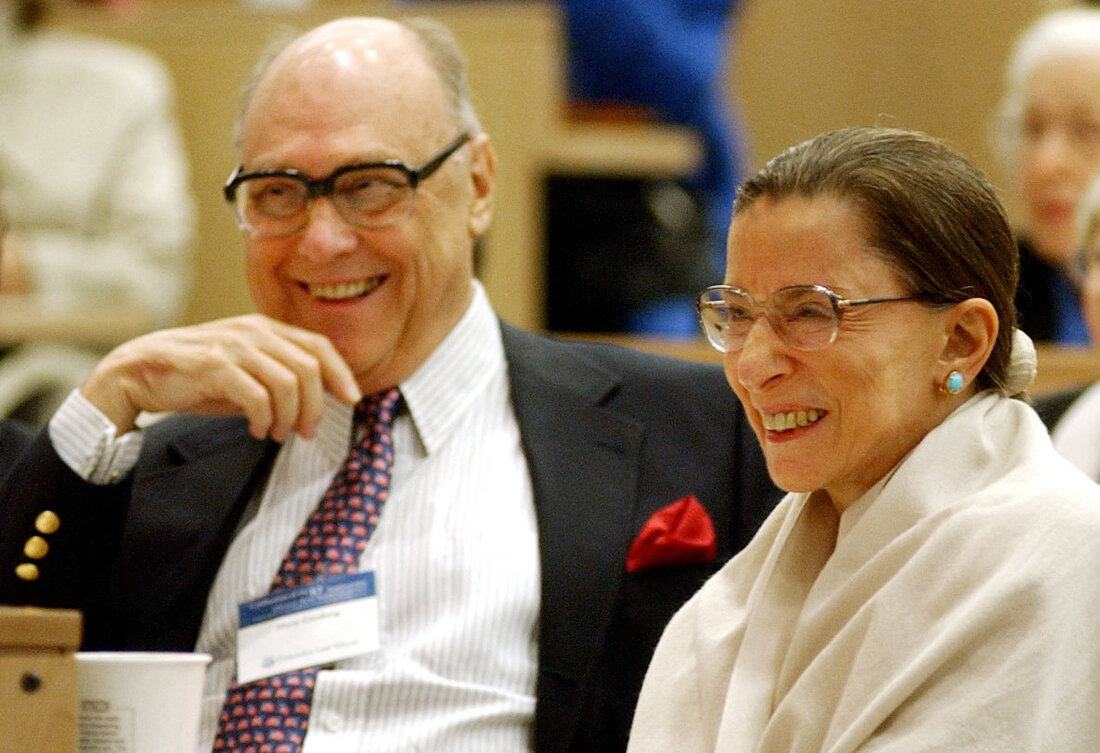

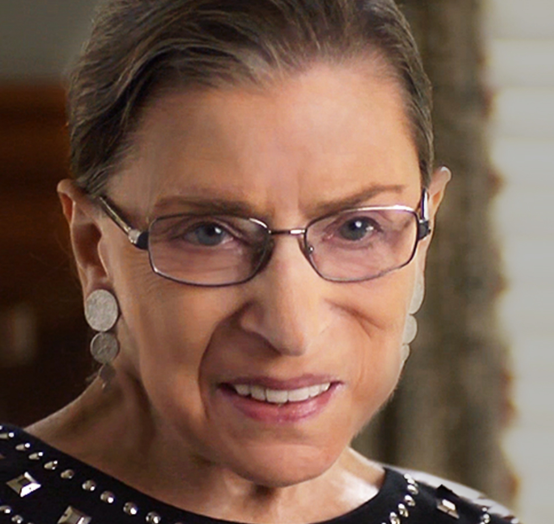
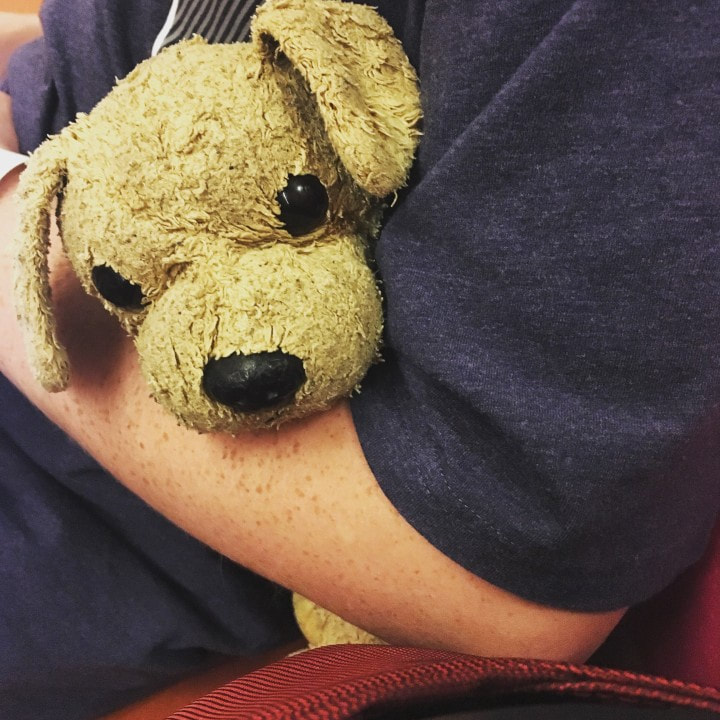

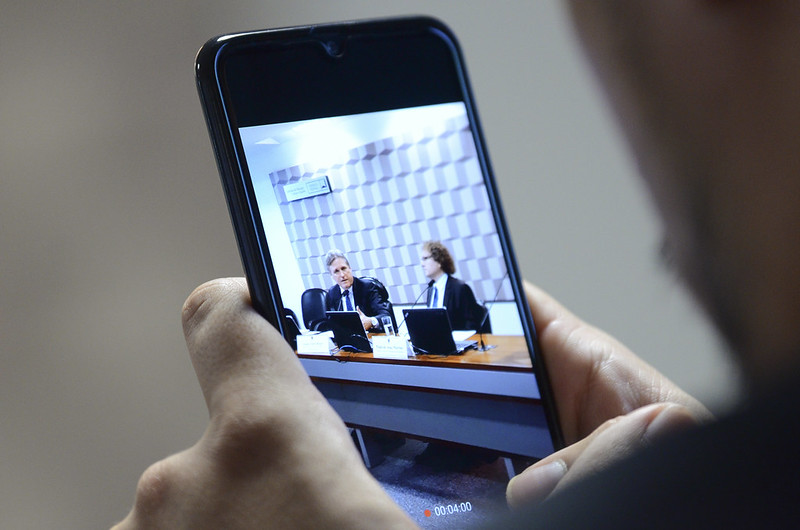

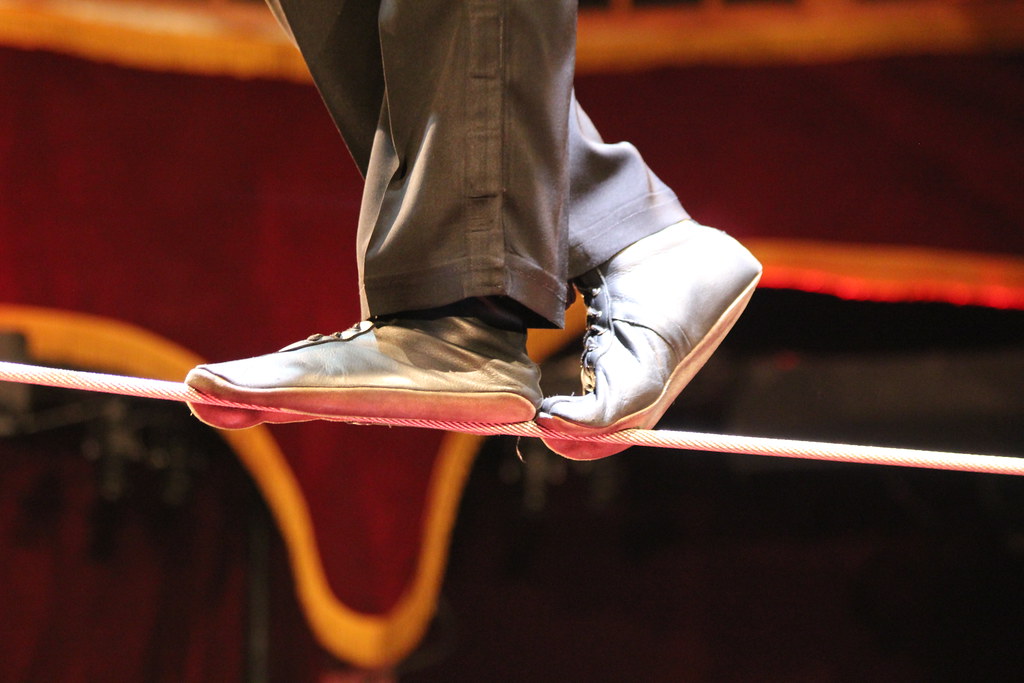
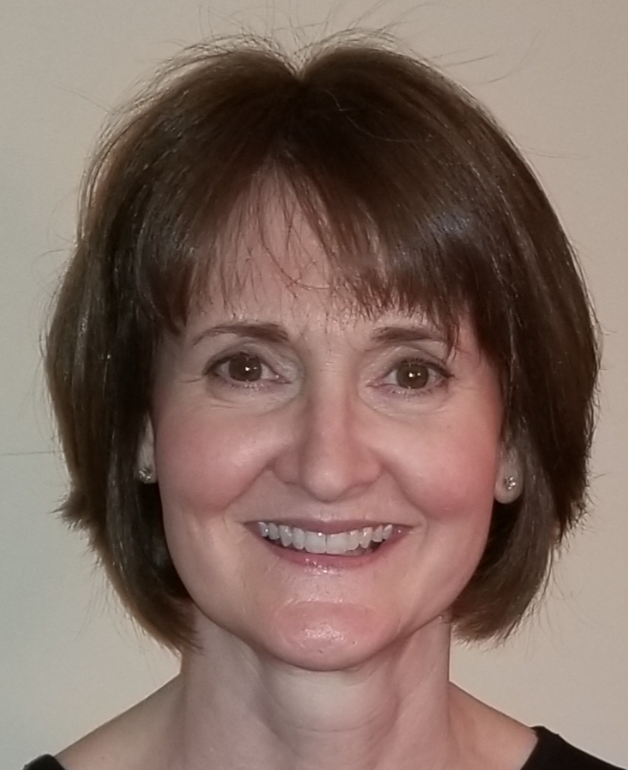

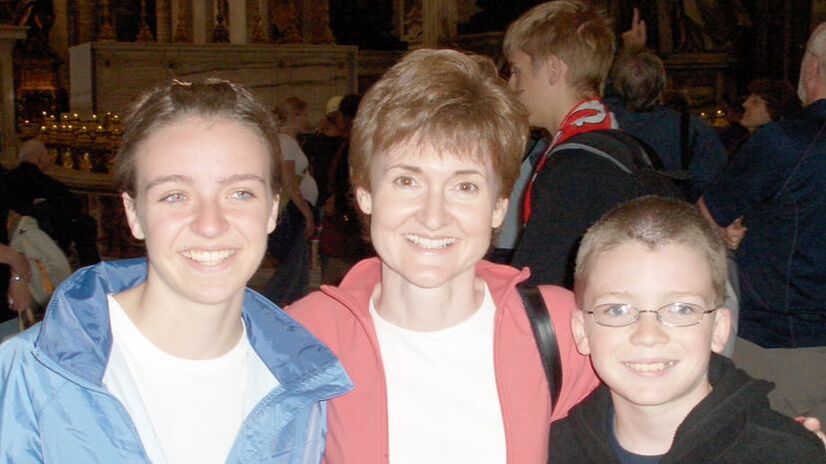
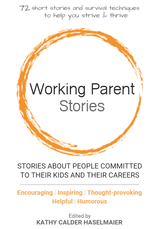
 RSS Feed
RSS Feed